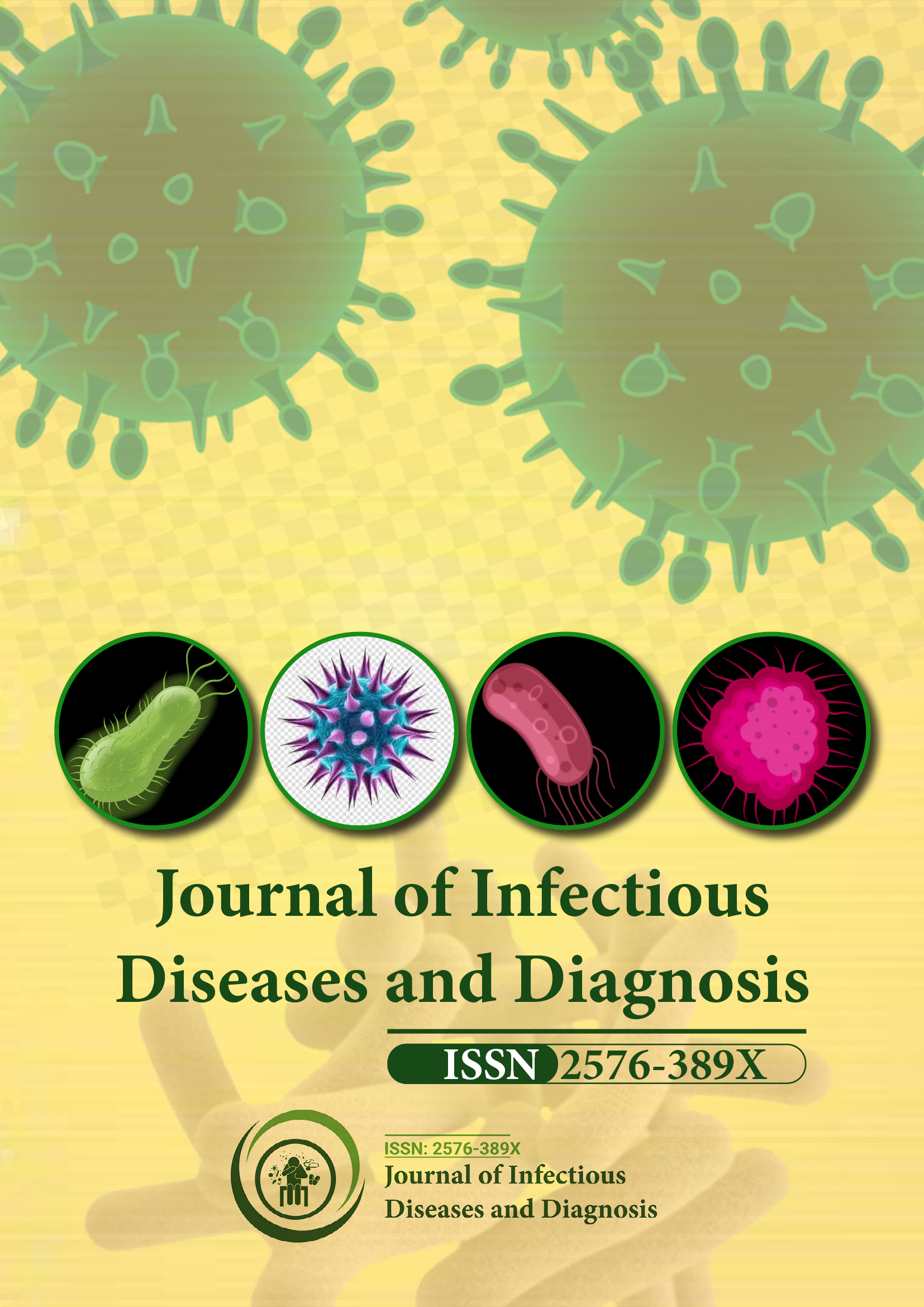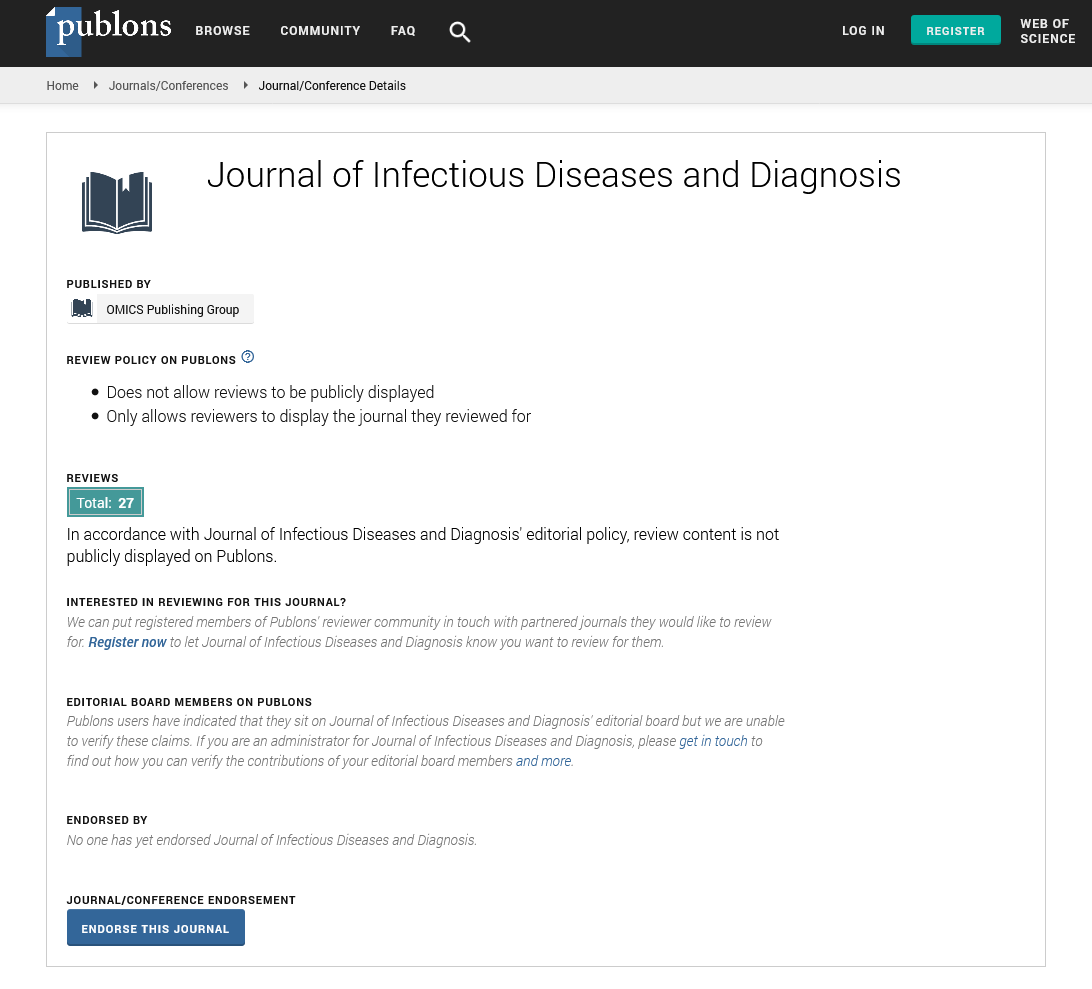Indexed In
- RefSeek
- Hamdard University
- EBSCO A-Z
- Publons
- Euro Pub
- Google Scholar
Useful Links
Share This Page
Journal Flyer

Open Access Journals
- Agri and Aquaculture
- Biochemistry
- Bioinformatics & Systems Biology
- Business & Management
- Chemistry
- Clinical Sciences
- Engineering
- Food & Nutrition
- General Science
- Genetics & Molecular Biology
- Immunology & Microbiology
- Medical Sciences
- Neuroscience & Psychology
- Nursing & Health Care
- Pharmaceutical Sciences
Abstract
Molecular Detection of Enterotoxin B from Staphylococcus aureus
Sheikhi F, Zeinoddini M*, Saeedinia AR, Rouhani Nejad H and Monazah A
Background: Food poisoning due to the bacteria is a big global problem in economically and human's health. This problem refers to an illness which is due to infection or the toxin exists in nature and the food that we use. One of the most important productive factors is Staphylococcus aureus. In general different strain of S. aureus produces several enterotoxins like: SEA, SEB, SEC. So, the existence of S. aureus in foods is a potential risk, especially if the foods are not storage in proper temperature. In this work, by designing of new primer the enterotoxin B (SEB) has been detected using PCR techniques.
Material and method: In this study, the primer explorer V4 software was used for designing specific primers. The extracted DNA genomic from S. aureus was using for PCR reaction. The PCR product analysed by agarose gel (1.2%) electrophoresis. Also specificity of this method was determined using different strains of S. aureus A (SEA), S. aureus C (SEC) and Vibrio cholera O1. Also, sensitivity was distinguished by serial dilution of S. aureus DNA genomic.
Results and conclusion: PCR assay showed a 226 bp specific amplified fragment. The sensitivity of this method determined about 200 CFU/ml and also the results showed that according to specific primers, the PCR is very specific. Therefore, this procedure is very sensitive and rapid technique for SEB detection of S. aureus. In conclusion, this PCR assay can be used like a simple diagnostic test in clinical laboratories for identification of foodborne disease.

